Indian Navy recently commissioned its third ship of LCU class – the L53. On the other side, the Air Force is looking forward to induction of its newest aircraft – Rafael. In 2016, the army inducted M777 Ultra Light Howitzers and test fired it earlier this year.
But why actually are ships ‘commissioned’ and other military machinery ‘inducted’ into the forces?
For this, we first need to understand the difference between commissioning, launching and induction.
Launching
Launch literally means to set in motion something. It can be synonymous to when trainees enter the academy for commissioning. They are launched into academy by the SSBs and commissioned into forces by the academies.
Commissioning
The literal meaning of commission is ‘receiving the authority by a government or other official body with to do something’. Since we are very much familiar with commission of officers in the forces, this example could be great. An officer cadet is said to be commissioned when (s)he is entrusted by a government or other official body with a military authority.
This means that the officer is now holds a rank and is an office-bearer of the government and can be held responsible too, if anything goes wrong.
Induction
The meaning of induction is more like that of commissioning, except, it means to admit formally to a post or organization. Induction is just admission, not receiving authority by the government or other official body.
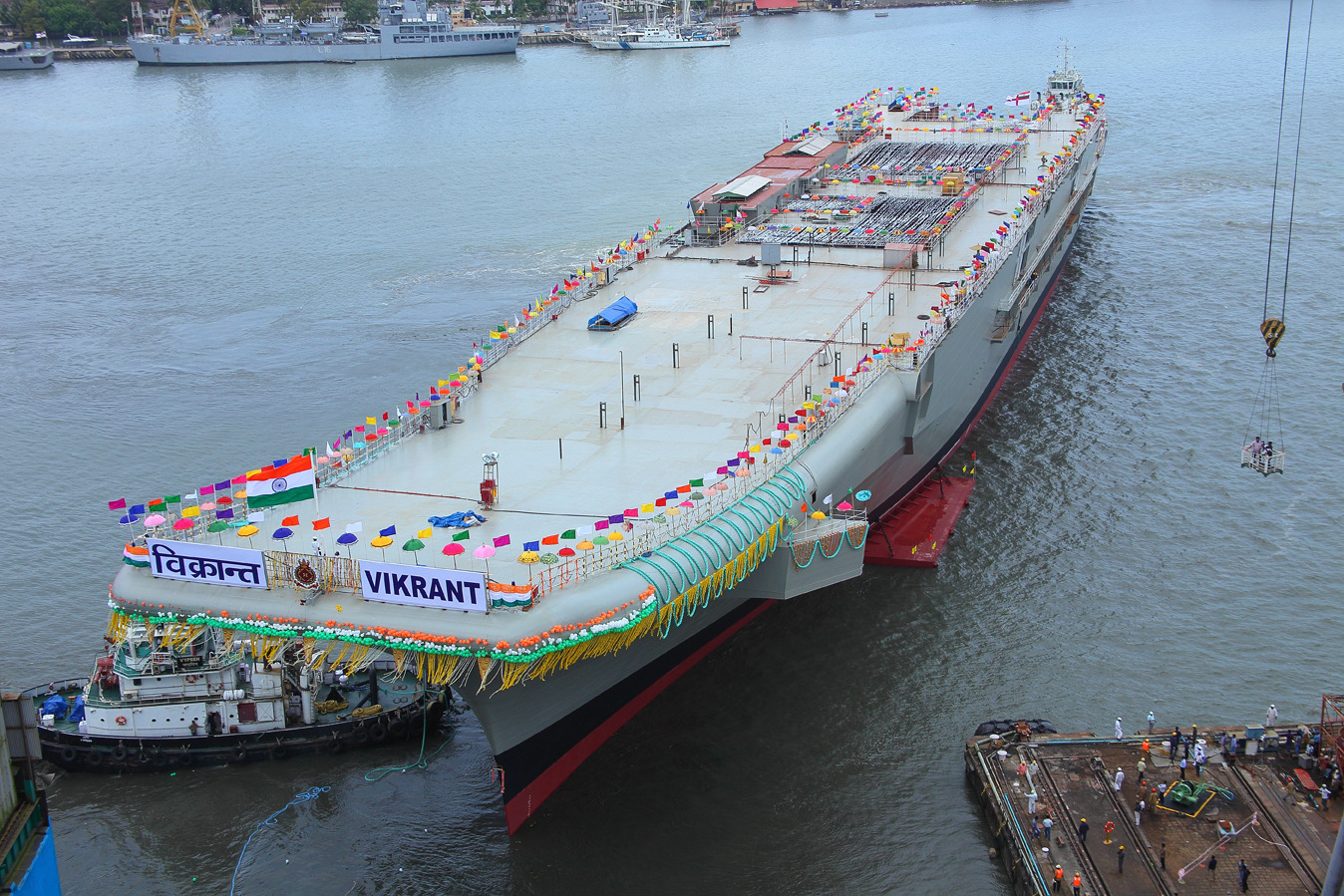
It will be commissioned as INS after sea trails.
Ship Commissioning
The act of commissioning a ship marks her entry into active Naval service. This ceremony continues a tradition some three centuries old, observed by navies around the world. Once commissioned, the commanding officer and crew are entrusted with the privilege and responsibility of maintaining their ship’s readiness in peace, and of conducting successful operations at sea in time of war.
It is at this stage when the ship gets its ‘rank’ of ‘INS’ just like army officers are commissioned as ‘Lieutenants’.
Technically, the ship is now holding authority entrusted upon it by the government. It is entitled to all the facilities that a commissioned officer is. It has its own ration, its own monthly pay and so on. But more realistically, it is the crew on the ship that operates her.
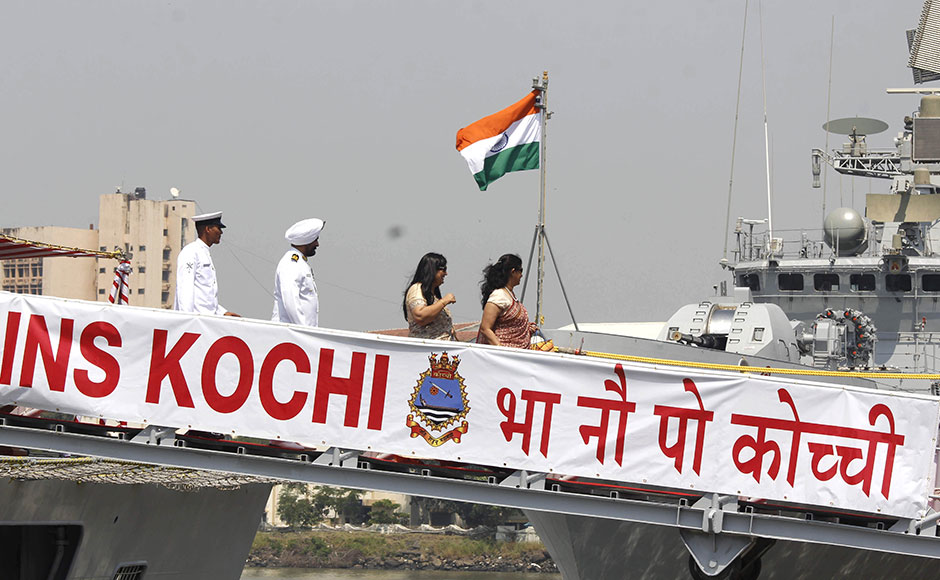
History
The act of commissioning was derived from established British naval custom. Ship commissionings were simple military ceremonies. The prospective commanding officer came on board, called the crew to quarters, and formally read the orders appointing him to command. He then ordered the ensign and the commissioning pennant hoisted; at that moment the ship went into commission and the first entry in the ship’s deck log recorded this. First logs from a sizable number of early Navy ships did not survive, and since commissionings were not surrounded by any public fanfare they were not written up in the press. We thus cannot know exactly when many of the Navy’s first ships were first commissioned. All that can sometimes be known is when a particular ship first put to sea.
Basically, a ship’s commissioning is the day where the appointed officials say, “Hey, go be a ship and serve us”. When a vessel is commissioned, it already has a name and is already in the water – this happens at the launch.
Ship Launching
Launch is the transferring of a vessel into the water at the dockyard. It is when a ship is constructed enough to be ready to float into water.
In the time between launch and commissioning, there are sea trials for the ship, just like training of officer-cadets in pre-commission academies. These trails allow the test captain and crew to test the design of the ship, as well as the equipment.
Induction of Machineries
Induction more vaguely means ‘recruitment’. It is synonymous to those ‘Group D’ staff who are recruited and not commissioned. That means, they have no or very less authority than a commissioned officer.
When a machinery is inducted, it is made into use after trials and testing. These machineries are not entitled to facilities that commissioned ship are.
Conclusion
Ship commissioning is a British naval custom where it gets the ‘authority’ from the government. Induction of a machinery means getting it and straight away putting it in use. But unlike officers, ships are decommissioned, not retired.

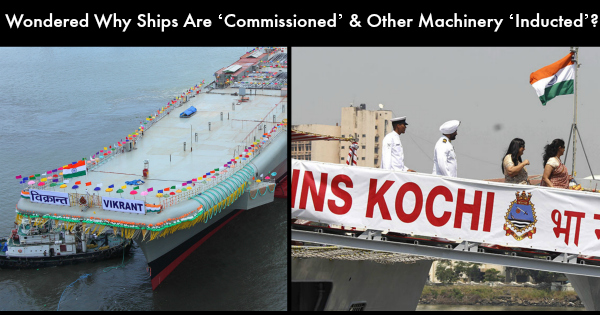

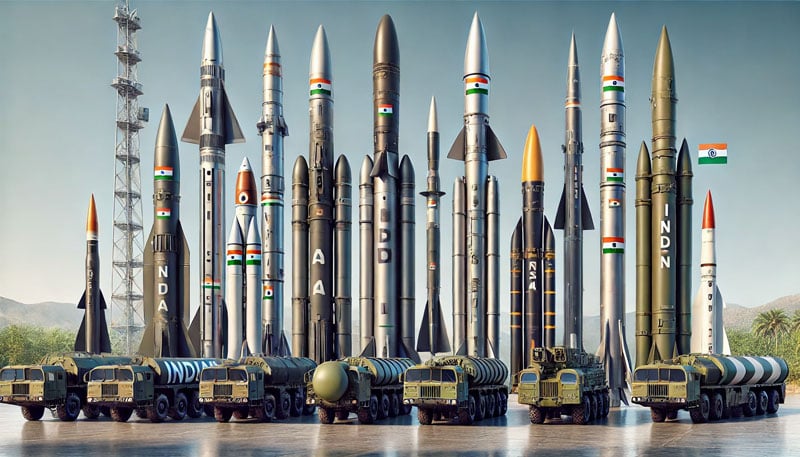

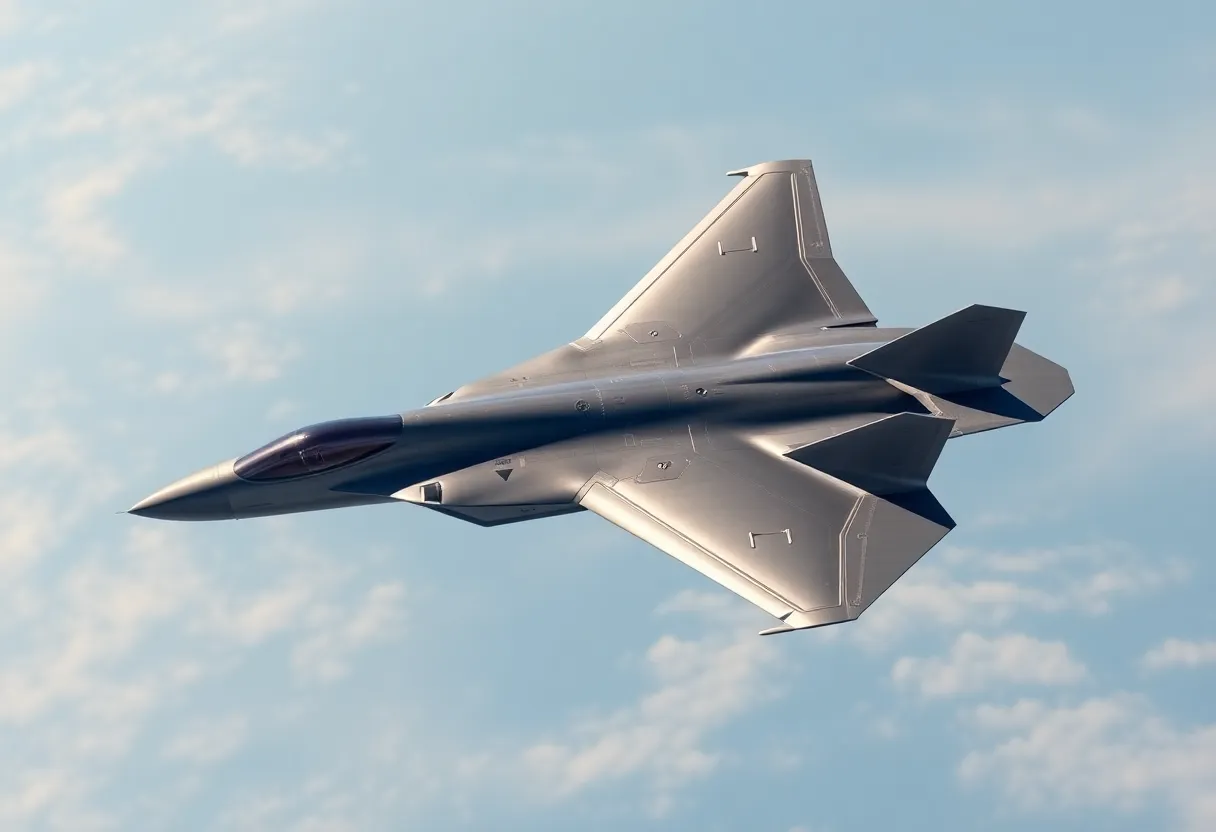


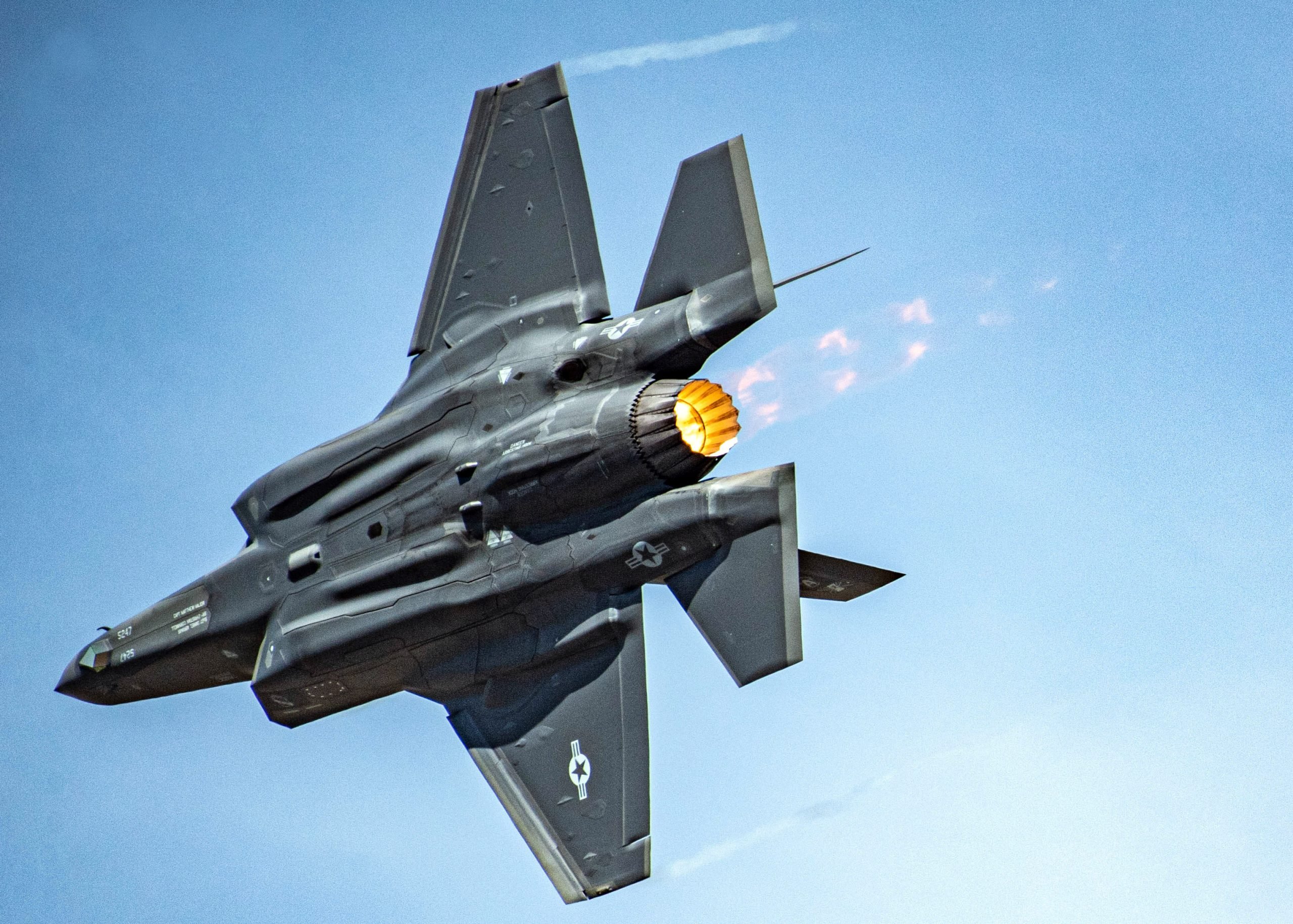


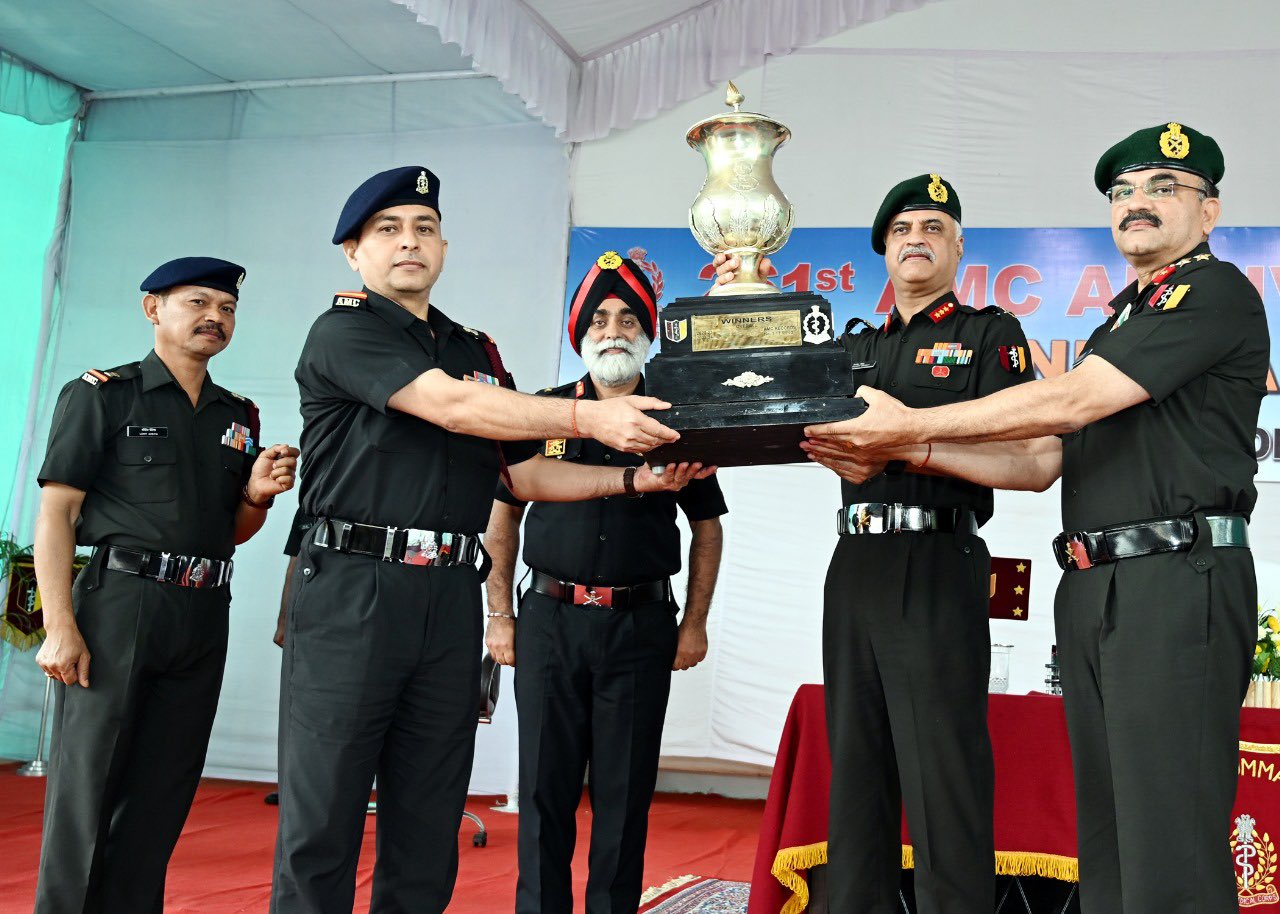
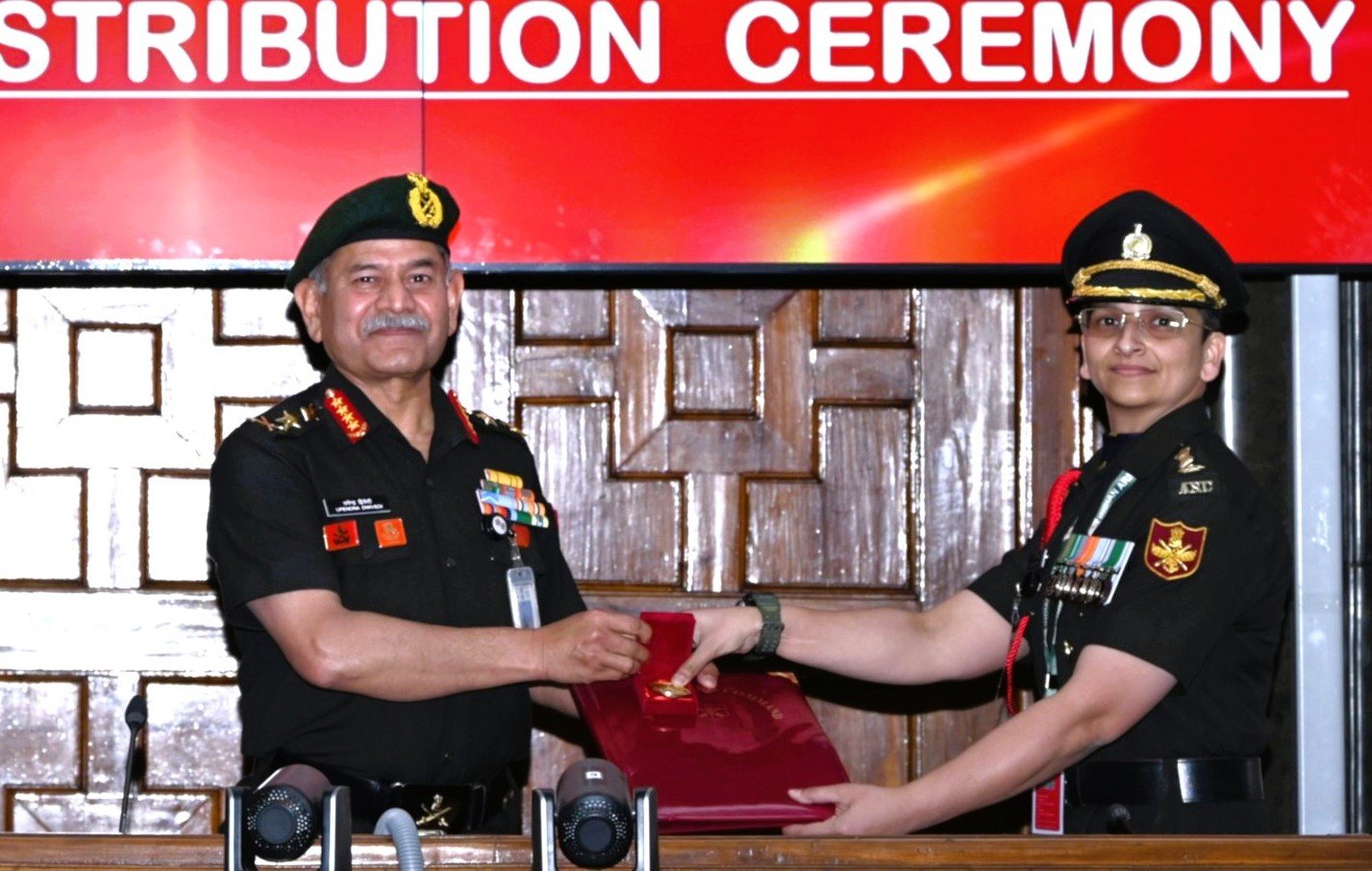

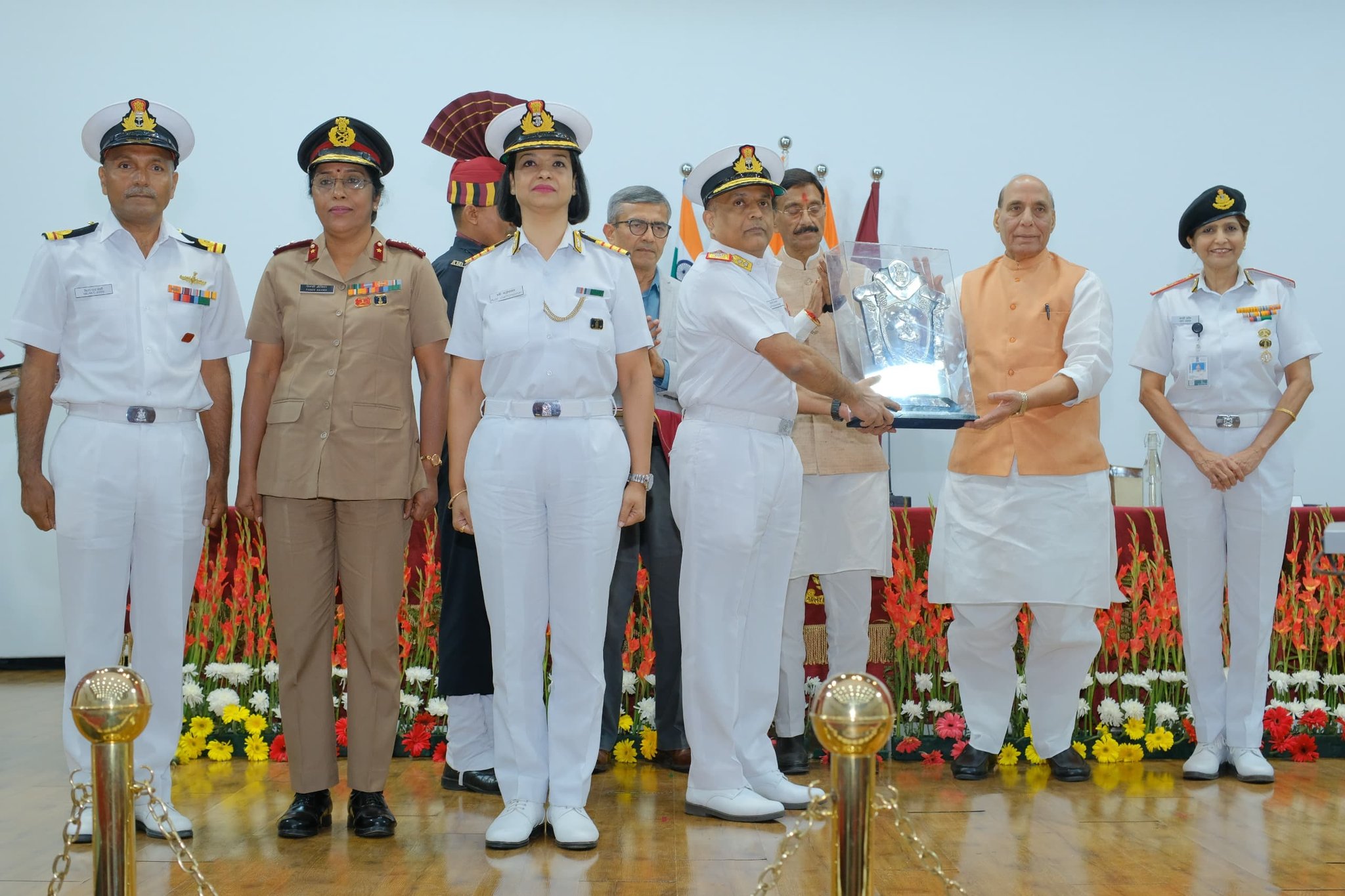

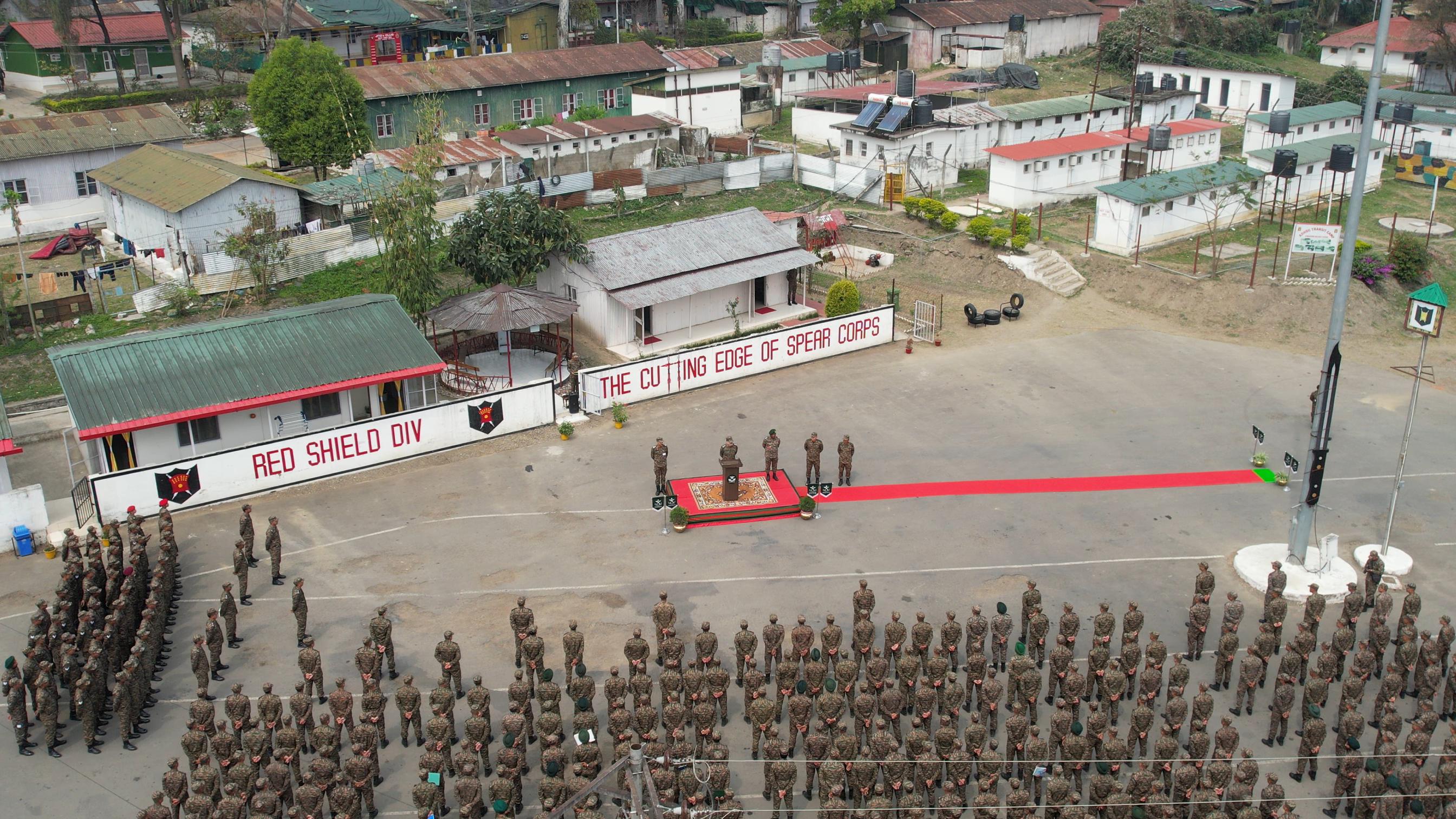


Thank you so much for your support 🙏